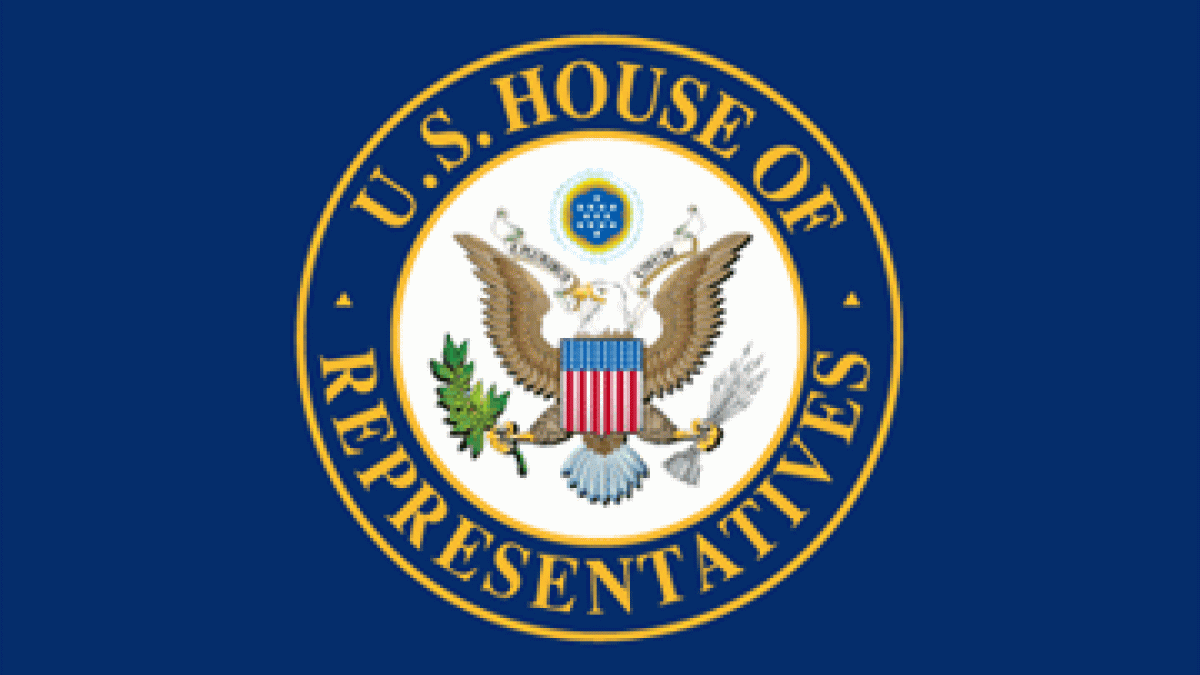Evans, Clay Introduce Bill to Extend Protection to One-Third of U.S. Homeowners

WASHINGTON (Aug. 14, 2020) – New legislation would require mortgage servicers to inform homeowners – up-front – that they may be eligible to request forbearance due to pandemic-related financial hardship. The legislation would ensure borrowers are aware of emergency mortgage relief provided by Congress, helping the roughly one-third of homeowners not covered by this requirement in the CARES Act that passed in March.
Forbearance is when a mortgage servicer, the company that sends a mortgage statement and manages the loan, or lender allows a homeowner to pause or reduce their payments for a limited period of time.
The Helping Homeowners Maintain Economic Security (Helping HOMES) Act was introduced jointly by Congressman Dwight Evans (PA-03) and Congressman William Lacy Clay (MO-01), chairman of the House Financial Services Subcommittee on Housing, Community Development and Insurance. They are joined by co-sponsor Congresswoman Madeleine Dean (PA-04), a member of the House Financial Services Committee.
Congressman Clay said, "The Helping HOMES Act will provide powerful help to homeowners and landlords who may not be aware of their mortgage forbearance options under the CARES Act. Our bill also expands the universe of home owners who could benefit from this special help during this once-in-a-century national emergency. Congress has a duty to stabilize home ownership until this pandemic is over, and this bill advances that vital goal."
Congressman Evans said, "The CARES Act provides forbearance for single-family borrowers, who are encouraged to contact their mortgage servicers if they are having trouble paying their mortgages. Yet many homeowners may not be aware that they have the right to request forbearance. Under the CARES Act, only borrowers of federally backed mortgages are eligible for up to 12 months of forbearance. The Helping HOMES Act would expand federal mortgage relief to cover any credit transaction secured by a mortgage or deed of trust on a one- to four-unit dwelling, extending CARES Act protection to the one-third of the market not covered now.
"The federal government has a responsibility to keep families stably housed, especially during this unprecedented health emergency and economic crisis. Congress must ensure all homeowners are aware when they are eligible for mortgage relief."
The Helping HOMES Act would:
- Extend CARES Act forbearance to cover all single-family mortgages, defined as any credit transaction that is secured by a mortgage or deed of trust on a one- to four-unit dwelling
- Require mortgage servicers to provide clear, conspicuous, and accurate information on their web page to inform borrowers - in both English and Spanish - of the availability of forbearance
- Require mortgage servicers to provide written notice - in both English and Spanish - to any borrower whose payments are or become 31 days delinquent that the borrower may be eligible to request forbearance. The written notice would also:
- Explain that language assistance and general help is available through housing counseling agencies certified by the Department of Housing and Urban Development (HUD);
- Provide information on how to find a HUD-certified counseling agency.
Congresswoman Dean said, "I applaud Rep. Evans' and Rep. Clay's important work on the Helping Homes Act which would help homeowners navigate this difficult time by requiring notice of their forbearance rights. Along with my bill – the Know Your Housing Rights Act – Rep. Evans and I seek to help both homeowners and tenants get the resources they need as COVID-19 continues to pose both deep health and financial challenges."
The bill is already drawing support from several organizations, including the National Consumer Law Center (on behalf of its low-income clients), National Housing Trust, National Housing Law Project, Center for Responsible Lending, Community Legal Services of Philadelphia, Affordable Housing Centers of Pennsylvania, and the Fair Housing Rights Center in Southeastern Pennsylvania.
Angela McIver, chief executive officer of the Fair Housing Rights Center in Southeastern Pennsylvania, said, "Soon after the public was ordered to shelter in place, I heard from workers that did not understand the difference between a federally backed mortgage, which was supported by the CARES Act, and a conventional mortgage, which was not supported by the CARES Act originally. Home owners did not create the pandemic. Therefore, providing a pathway for housing preservation during this awful crisis may prevent struggling families from facing foreclosure or other housing-related hardships. Also, by adding language assistance to the mortgage relief bill, people's unique cultural needs may be met."
Michael Froehlich, managing attorney of the Homeownership and Consumer Rights Unit at Community Legal Services, said, "Here in Philadelphia, we often talk to low-income clients who have been laid off because of the pandemic and are falling behind in their mortgages, but are unaware of what they can do. This important legislation will save the homes of families who have lost income through no fault of their own by making more mortgages eligible for forbearance programs and making sure that all homeowners know about their rights. This is especially true for Black and Latinx homeowners whose family finances are more likely to have been affected by the virus and less likely to have enrolled in forbearance programs."
Evans represents Pennsylvania's 3rd Congressional District, which includes Northwest and West Philadelphia and parts of North, South, Southwest and Center City Philadelphia.
###